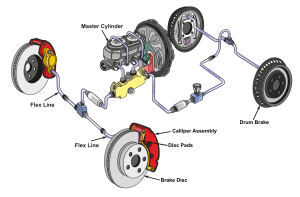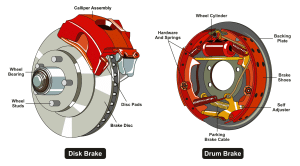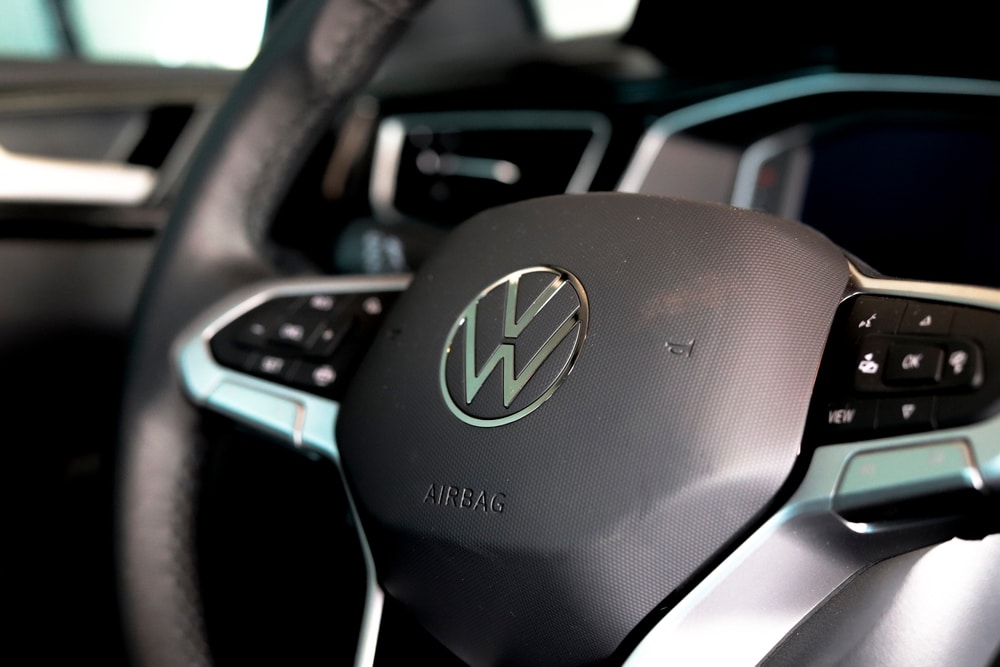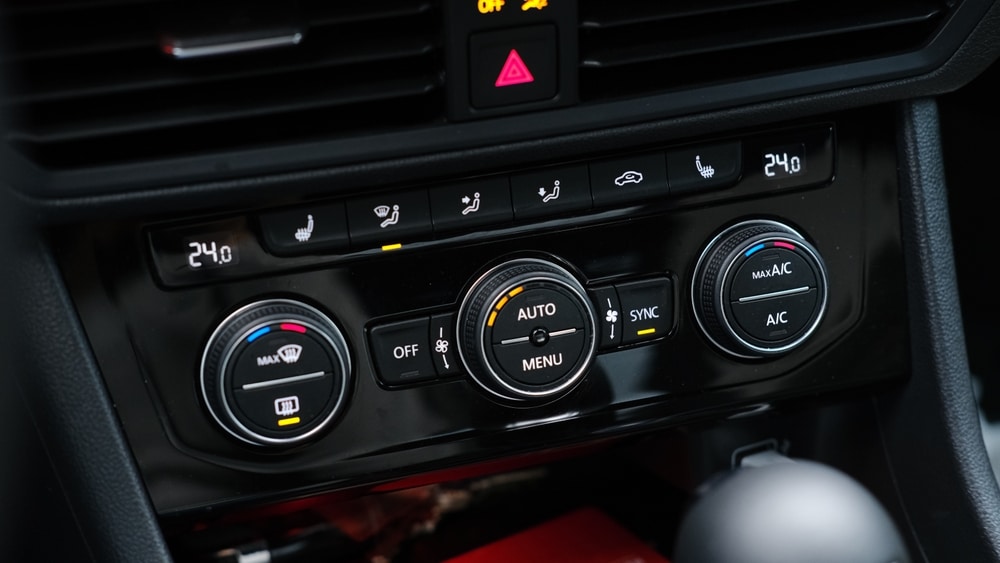Braking System
You might not think much about your car’s braking system – you press the pedal, and your car stops. Simple, right?
But behind that simple action lies a complex set of components, all working in perfect coordination to bring your vehicle to a halt. From the first press of your foot to the final stop, your braking system plays a vital role in your safety on the road.
Understanding how car brakes work makes you a more informed driver and helps you appreciate just how crucial your brakes are for everyday motoring.
In this guide, the team at Quality Car Service in Milton Keynes explain how your car’s braking system functions, what happens beneath your feet when you press the brake pedal, and which features help modern cars stop safely. We’ll also cover the importance of regular brake servicing and what to watch for between services.
The Braking System in a Nutshell
Each time you touch the brake pedal, your car, often over a tonne and possibly moving at motorway speeds, slows to a steady, safe stop. But what makes that possible?
The Simple Science Behind Stopping
When your car is in motion, it holds kinetic energy, and the faster you’re going, the more of it you have. The braking system’s job is to transform that energy into heat, using friction. That’s what slows the wheels down and brings the vehicle to a stop.
There are various types of braking systems, but most passenger cars follow the same key process:
- You press the brake pedal
- Hydraulic pressure is generated in the master cylinder
- That pressure travels through sealed brake lines to each wheel via brake fluid
- At the wheels, either disc or drum brakes create friction to slow the car
- ABS (Anti-lock Braking System) steps in under hard braking to stop the wheels from locking up
Each of these elements plays a crucial role in how your brakes respond when you need them most. But have you ever thought about what actually happens when your foot touches the pedal? Read on to find out more…

Pedal Power: The Mechanics of Your Braking System
Let’s take a detailed look at what goes on beneath the surface when you use your brakes.
First, your foot presses the brake pedal, initiating the chain reaction.
The pedal action engages a brake servo (otherwise known as the brake booster), which multiplies the force you apply. Without this component, stopping your vehicle would take significantly more leg power.
The force then moves into the master cylinder, where it’s converted from mechanical force into hydraulic pressure using brake fluid.
This pressure flows through a closed set of brake lines and hoses. Because the system is sealed, that pressure can be distributed to all four wheels with minimal loss.
At each wheel, this pressure activates the braking mechanisms:
- In disc brake systems – more commonly found on modern vehicles – brake pads are squeezed against a rotating brake disc (or rotor). The resulting friction converts kinetic energy into heat, slowing the wheel and eventually stopping the car.
- In drum brake systems – often used on older cars or rear wheels – brake shoes are pushed outward against the inside surface of a rotating drum. This contact creates friction, which slows the wheel and the vehicle.

Once you release the pedal, the system resets: the brake pedal returns to its original position, hydraulic pressure drops, and the brake components disengage. Your car is then free to move again.
All of this happens in a split second, allowing you to control speed smoothly and safely, every time.
Regular maintenance at Quality Car Service in Milton Keynes helps ensure this process continues to work exactly as it should. Our technicians are trained to spot early wear and small faults before they affect your braking system – saving you hassle and keeping you safer for longer.
Other Key Features of the Braking System
Let’s explore two important systems that support your brakes:
ABS (Anti-lock Braking System): When you brake hard and the wheels begin to lock, ABS steps in. It momentarily reduces brake pressure at the affected wheel, then reapplies it – doing this multiple times per second. This process stops the wheel from fully locking up, giving you better control of the vehicle while still slowing down effectively.
The Parking Brake: Also called the handbrake, this system functions independently from the main brakes. In traditional cars, pulling the lever operates a cable that mechanically engages the rear brakes. In modern cars, this is often done electronically with the push of a button. Regardless of the setup, the parking brake functions separately from the main braking system and is legally required to act on at least two wheels, making it a vital safety feature as well as a parking tool.
Don’t Wait Until It’s Too Late – Call Us If You’re Unsure
Your brakes are one of the most important safety systems in your vehicle, but they’re also one of the easiest to take for granted.
A strange squeal, a pulsing pedal, or a slightly longer stopping distance – these are often early warnings that your braking system needs attention. Ignoring them could lead to more costly repairs, or worse, compromised safety.
At Quality Car Service in Milton Keynes, we treat brake maintenance with the seriousness it deserves. Every time your car comes in for a scheduled service, we check your braking system as standard. But if something feels off between visits, don’t wait – let us take a look. It’s better to be safe than sorry.
We are proud to offer our customers:
- Free courtesy cars to keep you moving
- 12-month parts and labour guarantee on all work
- Specialist diagnostic tools to match dealer-level precision
- OEM* or genuine-quality parts, always fitted by trained technicians
We have a {{average-rating}} star Google rating from {{review-count}} satisfied customers in the Milton Keynes area – trusted for quality workmanship and honest advice.
If your car is due for a service or you want peace of mind about your brakes, call Quality Car Service, Milton Keynes on 01908 376555. We’re here to help.
Call Now 01908 376555Save on Brake Servicing
* OEM stands for Original Equipment Manufacturer. When it comes to vehicle parts, this means the parts are made by the same company that produced the original parts for the vehicle manufacturer



